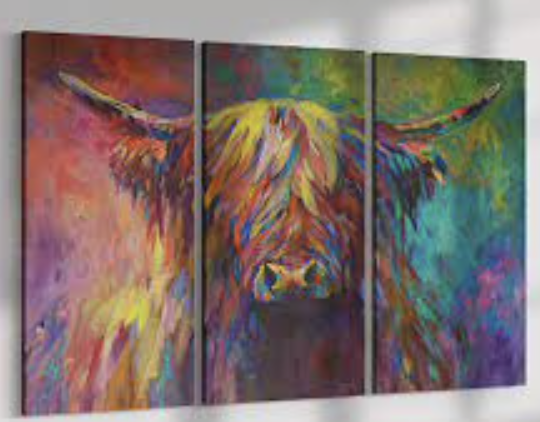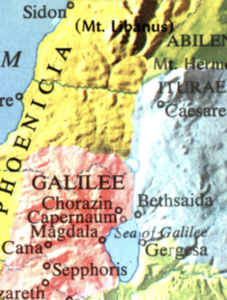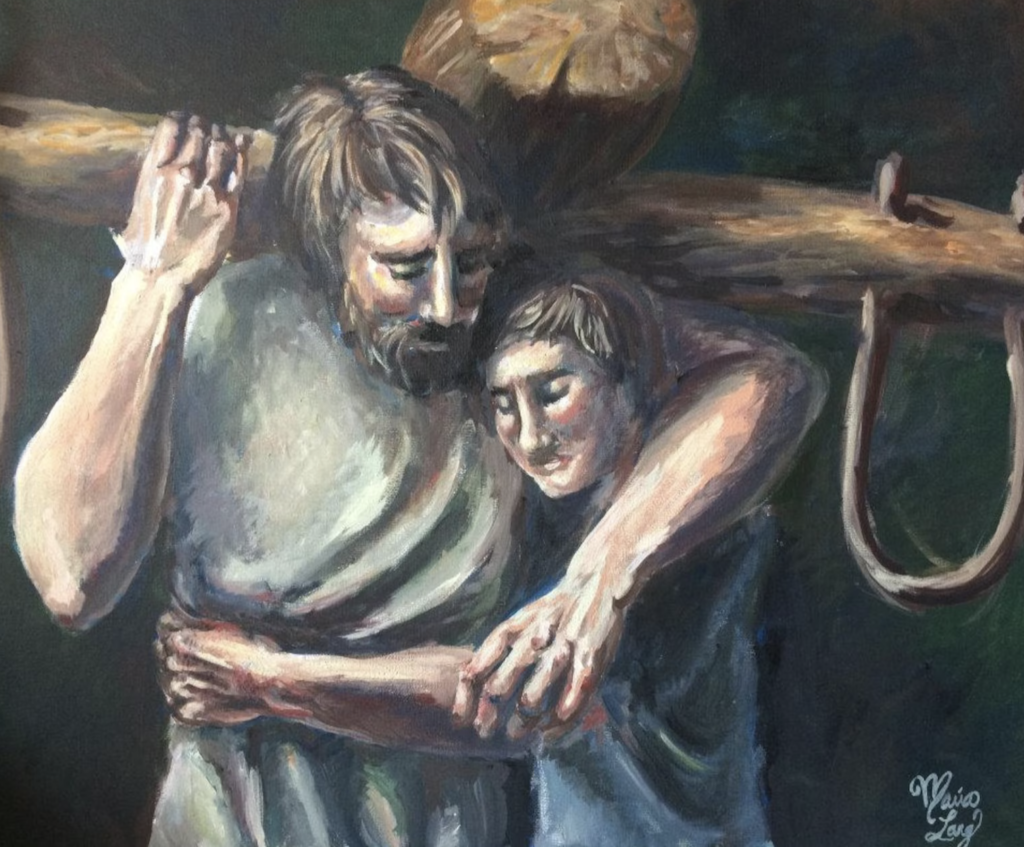

You know when people have three pictures hung on a wall, I think they call out a tryptic. It looks great, despite it being disjointed. Well, this week’s passage is a tryptic but, in church, you may only get to hear the start and the end bits. The missing centre piece might be quite critical…
We might also be missing the joke about the egg…
Comparing who?
The first passage is Matthew 11:16-19 and this tells of society comparing people, seeing who is better at this or that. We have John the Baptist, the vegetarian non-drinker who …therefore has a demon, now compared to the meat eating, wine swilling Jesus, who loves those we don’t.
Those watching from afar saw John as so ‘right field’ counter cultural that he was too difficult to handle. Whereas Jesus was to ‘in with the crowds’, he was human and relatable; he was on the other extreme to wild John. Who to choose?
Who would you have chosen?
Do we compare the leaders within our church? “Now. they are inspirational and get things done, whereas we never see that other person at all from one Sunday to the next!” Hey, do we compare all whom we meet?
Perhaps, although we might wish to critique people, they all have their role to play, and are – hopefully – doing their very best. I wonder what is the benchmark we place upon others? Do they need to meet our contractual standard?
And what of us? When we underperform, do we receive criticism? Perhaps the only benchmark is to serve God, to do what we can do. To say ‘do your best’ already infers that we are striving for a partiuclar standard, which we may often fail to achieve.
Do what we can do, living as Jesus would do.

Central passage
This is where Jesus starts to reproach the cities of Chorazin and Bethsaida, plus Capernaum – Jesus’ newly found home town; whereas Tyre and Sidon get away lightly. Was this perhaps that the first three cities were Jewish, and would have followed Mosaic Law – they should have known better; whereas Tyre and Sidon were Gentile enclaves. Furthermore, Bethsaida had been the home of the Apostles Philip, Andrew, and Peter (John 1:44; 12.21) and Capernaum experienced the “mighty works” of Christ Himself.
Third passage
Now we are at Matthew 11:25-30, where Jesus is offering thanks to God. Again there is reference to children or wee ones – as with last week’s passage. But again our English translation might offer an alternative perspective. Could the word nēpios refer to someone who was mentally and socially disconnected, needing a father and child relationship to survive? Those would be a great burden to their communities. Their metaphorical yoke, around their necks didn’t allow them to flourish; hence, the verse Matthew 11:28 “Come to me, all of you that are weary and carrying heavy burdens, and I will give you rest“. Aah! this is cool soothing water to drink for the whole community!
The burden placed upon people by the Pharisees was great. Learn this, recite this, know this. You may have thought that when, as a young child, you may have needed to learn partiuclar verses of the Bible. These verses, plucked out of context, then could take on meaning of their own. We might say particular prayers that we don’t fully understand but are ones that will strengthen us in times of need. Are they magical?
Jesus’ yoke was one of learning from his actions, and you will find rest for all of you – peace? We are being asked to live as he lived, not believe as he believed. Perhaps one precedes the other, living coming first. Is the burden feeling lighter already?

I found the dialogue interesting and I enjoyed it